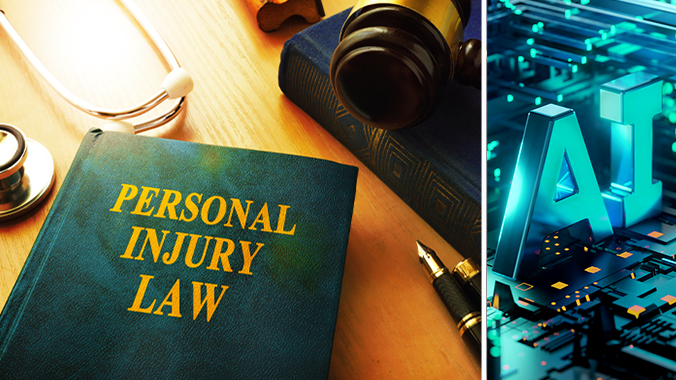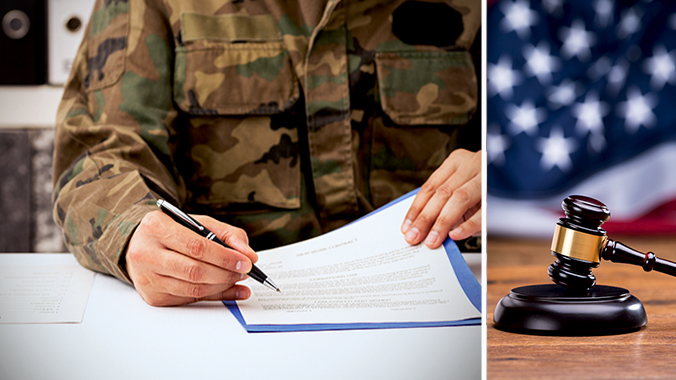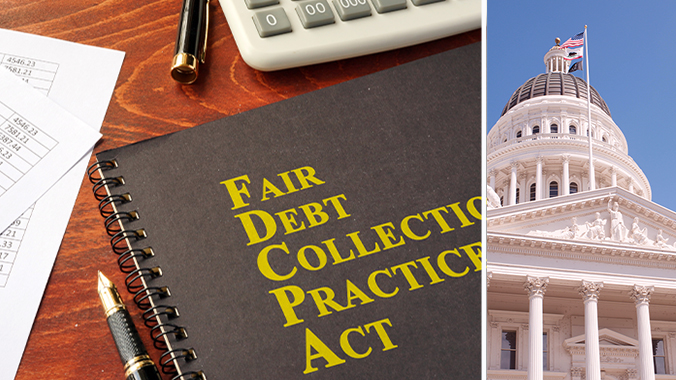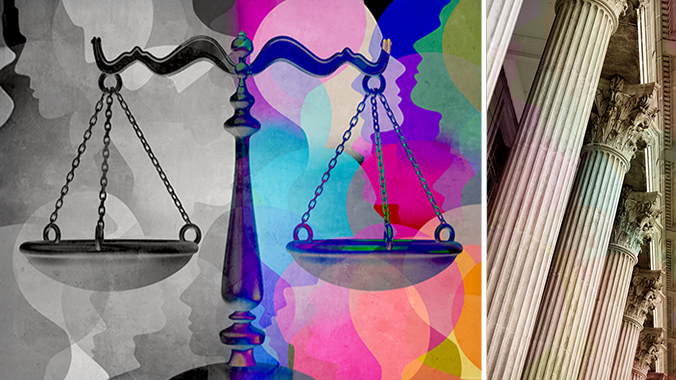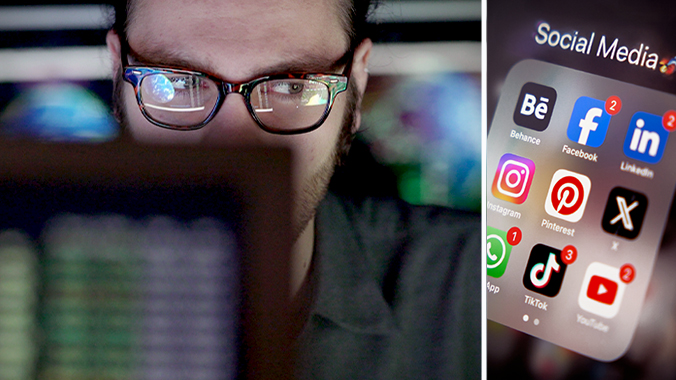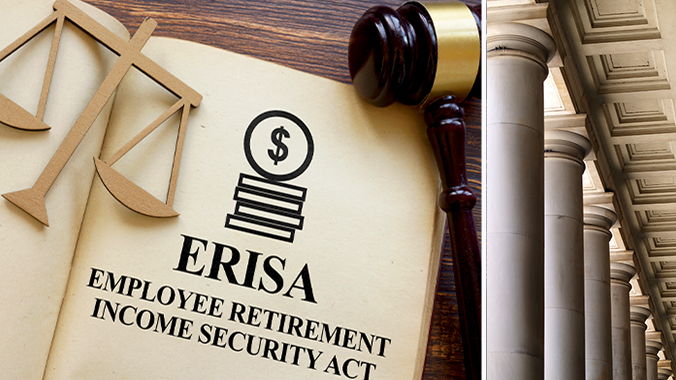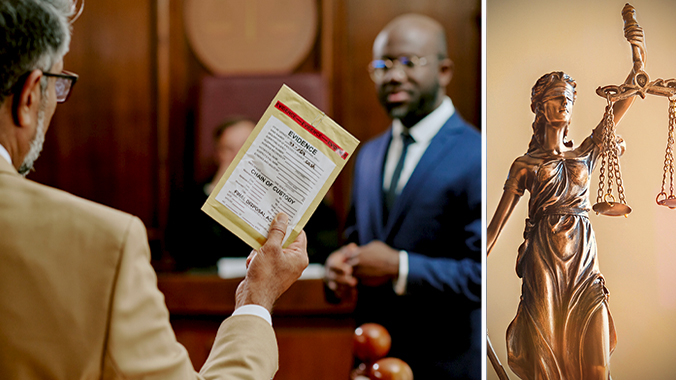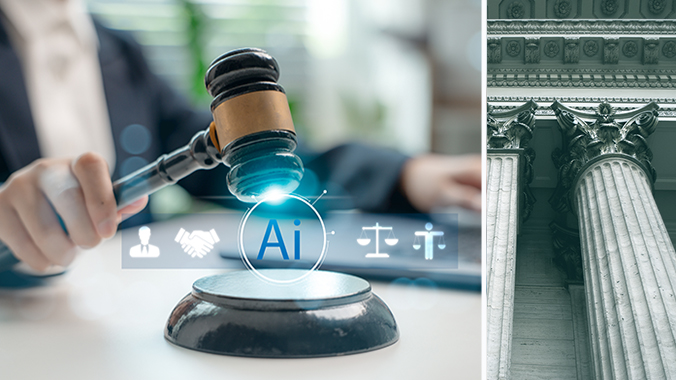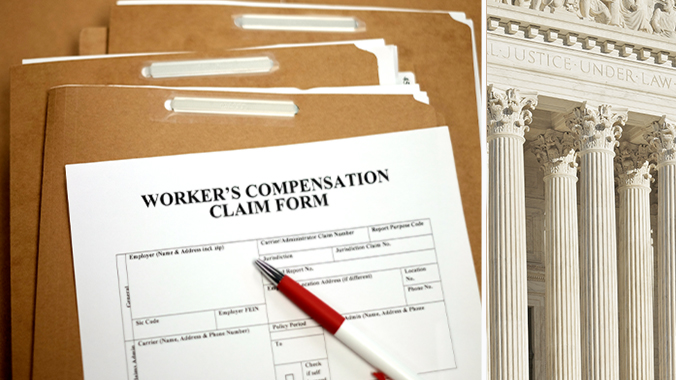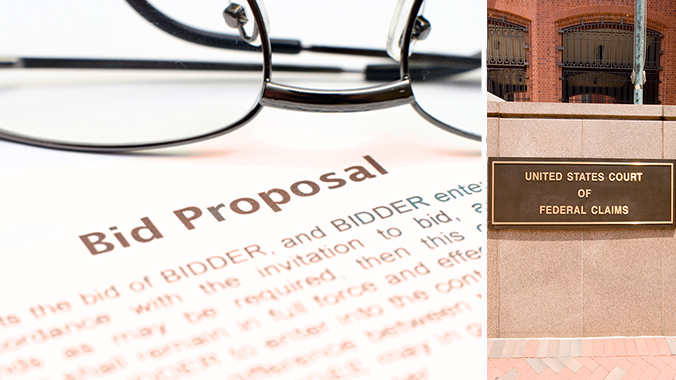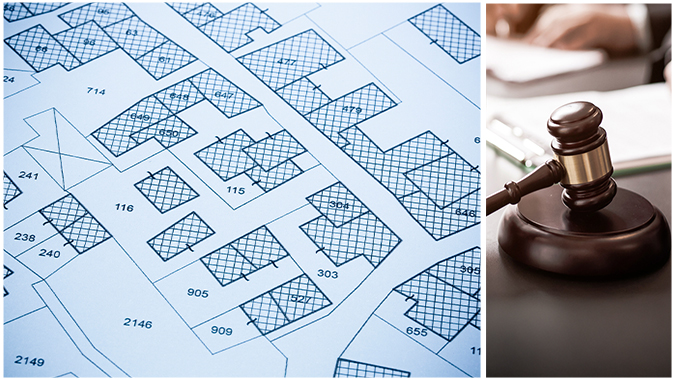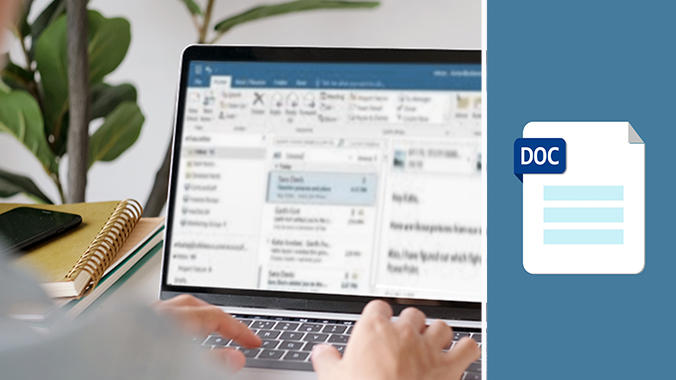What is Mindfulness, and Why Should Judges and Attorneys Want to Know About It? (Presented by the Federal Bar Association Judiciary Division)


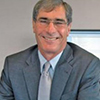
On-Demand: April 30, 2025
1.5 hour CLE
Tuition: $195.00
Co-Sponsored by myLawCLE
Get this course, plus over 1,000+ of live webinars.
Learn More
Training 5 or more people?
Sign-up for a law firm subscription plan and each attorney in the firm receives free access to all CLE Programs
Program Summary
You might be familiar with the term mindfulness. It seems to be everywhere these days and is usually associated with meditation, yoga, and other wellness techniques. But mindfulness, at bottom, is about training the brain. As Judge Jeremy Fogel has explained, “mindfulness actually is a remarkably simple and universal concept…. Essentially, it involves slowing down one’s mental processes enough to allow one to notice as much as possible about a given moment or situation, and then to act thoughtfully based on what one has noticed.”
While certainly contributing to improved health and personal development, mindfulness practices can meaningfully optimize the work of lawyers and judges. Making reasoned decisions and arguments, thoughtfully approaching repetitive tasks, and maintaining emotional regulation in stressful situations are job requirements for all lawyers and judicial officers. This webinar—drawing on cognitive neuroscience research and mindfulness-based training in high performance professions—will offer an opportunity for lawyers and judges to learn how mindfulness can enhance memory, attention, focus, and wellbeing.
Presented by the Federal Bar Association Judiciary Division
This course is co-sponsored with myLawCLE.
Key topics to be discussed:
- The fundamentals of mindfulness, by two leading experts in the field: Judge Jeremy Fogel and Dr. Amishi Jha
- Learn about mindfulness practices though the lens of neuroscience
- Appreciate how mindfulness practices can be helpful for improved focus and strengthened attention
- Learn specific applications of mindfulness relevant to the work of the legal profession and judiciary
- Be offered resources and practical applications for future study and investigation
![]() Closed-captioning available
Closed-captioning available
Speakers
 Moderator, Honorable Robert E. Bacharach | Tenth Circuit Court of Appeals
Moderator, Honorable Robert E. Bacharach | Tenth Circuit Court of Appeals
Since 2013, Judge Robert Bacharach has served as a United States Circuit Judge for the Tenth Circuit Court of Appeals. Before his appointment, he served as a U.S. Magistrate Judge in the Western District of Oklahoma from 1999-2013. Before that appointment, he served as a law clerk for Chief Judge William J. Holloway, Jr. of the Tenth Circuit Court of Appeals and then practiced civil litigation at Crowe & Dunlevy in Oklahoma City, Oklahoma, from 1987 to 1999.
 Dr. Amishi Jha | University of Miami
Dr. Amishi Jha | University of Miami
Dr. Amishi Jha, PhD is Director of Contemplative Neuroscience and Professor of Psychology at the University of Miami. Prior to her current post, she was an Assistant Professor at the Center for Cognitive Neuroscience at the University of Pennsylvania. She received her B.S. in Biological Psychology from the University of Michigan, her Ph.D. in Psychology (Cognitive Neuroscience) from the University of California–Davis, and her post-doctoral training at the Brain Imaging and Analysis Center at Duke University in functional neuroimaging.
With grants from the Department of Defense and several private foundations, she leads research on the neural bases of attention and the effects of mindfulness-based training programs on cognition, emotion, resilience, and performance in education, corporate, elite sports, first-responder, and military contexts.
In her laboratory at the University of Miami, she uses functional MRI, electrophysiological recordings and behavioral techniques to understand why our attention sometimes fails us, and if it can be trained for greater focus and less distractibility. She launched the first-ever study to offer mindfulness training tools to active-duty military service members as they prepared for deployment. What she has discovered is that without intervention, attention is compromised, and attentional lapses increase. Yet, with mindfulness training, attention can be strengthened and protected.
In addition to her own published body of research, her work has been featured at TED, NATO, the World Economic Forum, the Pentagon, and the UK Parliament. She has received coverage in The New York Times, TIME, Forbes, Mindful Magazine, NPR, and more. In addition, she has been interviewed by Joe Rogan, Brene Brown, Russell Brand, Deepak Chopra, Duncan Trussell, Dan Harris, Sharon Salzberg, and many others. In her national bestseller, Peak Mind (Harper Collins), she shares her discoveries on how attention can be trained for optimal performance and well being. You can find Dr. Jha at http://amishi.com.
 Jeremy Fogel | Berkeley Judicial Institute
Jeremy Fogel | Berkeley Judicial Institute
Jeremy Fogel is the first Executive Director of the Berkeley Judicial Institute, a center at Berkeley Law School whose mission is to build bridges between judges and academics and to promote an ethical, resilient and independent judiciary. Prior to his appointment at Berkeley, he served as Director of the Federal Judicial Center in Washington, DC (2011-2018), as a United States District Judge for the Northern District of California (1998-2011), and as a judge of the Santa Clara County Superior (1986-1998) and Municipal (1981-1986) Courts. He was the founding Directing Attorney of the Mental Health Advocacy Project from 1978 to 1981 and was a national leader in promoting access to justice for people with chronic mental health issues.
Judge Fogel has taught for the Federal Judicial Center since 2002 and was a lecturer at Stanford Law School, where he taught a course on the psychology of litigation, from 2003 until his relocation to Washington in 2011. He taught for the California Continuing Judicial Studies Program (CJSP) and California Judicial College from 1987 to 2010 and served on CJSP’s Curriculum Planning Committee for six years, including two as chair. He has served as a faculty member for legal exchanges on ethics, case management and intellectual property in approximately twenty foreign countries. During his tenure at the Federal Judicial Center, he oversaw the development of the Center’s first comprehensive, integrated curriculum for judicial branch education.
Judge Fogel was a member of the Committee on Financial Disclosure of the Judicial Conference of the United States from 2004-2011; he chaired the subcommittee that developed the original platform and procedures for electronic filing of annual financial disclosure reports and laid the groundwork for online public access. As a California state court judge, he chaired the Judicial Ethics Committee and Judicial Discipline and Disability Committee of the California Judges Association, and he organized and led a confidential counseling program for judges facing disciplinary proceedings.
He received his B.A. from Stanford University in 1971 and his J.D. from Harvard Law School in 1974. Judge Fogel has received numerous accolades, including the Samuel E. Gates Litigation Award from the American College of Trial Lawyers for significant contributions to the litigation process, the President’s Award for Outstanding Service to the California Judiciary from the California Judges Association, and the Vanguard Award from the State Bar of California for notable contributions to intellectual property law.
Agenda
I. Topic walkthrough | 2:00pm – 2:10pm
II. The basics of mindfulness | 2:10pm – 2:20pm
III. What mindfulness has to do with the work of lawyers and judges | 2:20pm – 2:30pm
IV. What neuroscience shows about the beneficial effects of mindfulness on performance and attention | 2:30pm – 2:40pm
V. Discussion of case studies from the field of cognitive neuroscience | 2:40pm – 2:50pm
VI. Practical applications of mindfulness for judges | 2:50pm – 3:00pm
Break | 3:00pm – 3:10pm
VII. Practical applications of mindfulness for lawyers | 3:10pm – 3:20pm
VIII. Q&A | 3:20pm – 3:40pm
Credits
Alaska
Approved for CLE Credits
1.5 Ethics
Alabama
Approved for Self-Study Credits
1.5 Ethics
Arkansas
Approved for CLE Credits
1.5 Ethics
Arizona
Approved for CLE Credits
1.5 Professional Responsibility/Ethics
California
Approved for CLE Credits
1.5 Competence Issues
Colorado
Pending CLE Approval
1.5 Ethics / Professionalism
Connecticut
Approved for CLE Credits
1.5 Ethics / Professionalism
District of Columbia
No MCLE Required
1.5 CLE Hour(s)
Delaware
Pending CLE Approval
1.5 Enhanced Ethics
Florida
Approved via Attorney Submission
2 Mental Health and Wellness Hours
Georgia
Approved for CLE Credits
1.5 General
Hawaii
Approved for CLE Credits
1.8 Ethics or Professional Responsibility Education
Iowa
Approved for Self-Study Credits
1.5 Attorney Wellness
Idaho
Pending CLE Approval
1.5 Ethics / Professionalism
Illinois
Approved for Self-Study Credits
1.5 Mental Health / Substance Abuse
Indiana
Pending CLE Approval
1.5 Ethics
Kansas
Pending CLE Approval
1.5 Ethics / Professionalism
Kentucky
Pending CLE Approval
1.5 Ethics
Louisiana
Pending CLE Approval
1.5 Professionalism
Massachusetts
No MCLE Required
1.5 CLE Hour(s)
Maryland
No MCLE Required
1.5 CLE Hour(s)
Maine
Pending CLE Approval
1.5 Ethics / Professionalism
Michigan
No MCLE Required
1.5 CLE Hour(s)
Minnesota
Approved for Self-Study Credits
1.5 General
Missouri
Approved for CLE Credits
1.8 Ethics
Mississippi
Pending CLE Approval
1.5 Other (Ethics / Professionalism)
Montana
Pending CLE Approval
1.5 Professional Fitness and Integrity
North Carolina
Approved for Self-Study Credits
1.5 Substance Abuse / Mental Health
North Dakota
Approved for CLE Credits
1.5 Ethics
Nebraska
Pending CLE Approval
1.5 Professional Responsibility
New Hampshire
Approved for CLE Credits
90 Ethics / Professionalism minutes
New Jersey
Approved for CLE Credits
1.8 Ethics / Professionalism
New Mexico
Approved for Self-Study Credits
1.5 Ethics / Professionalism
Nevada
Pending CLE Approval
1.5 Substance Abuse, Addiction and Mental Health
New York
Approved for CLE Credits
1.8 Ethics / Professionalism
Ohio
Approved for Self-Study Credits
1.5 Professional Conduct
Oklahoma
Pending CLE Approval
2 Ethics / Professionalism
Oregon
Pending CLE Approval
1.5 Mental Health / Substance Use
Pennsylvania
Approved for Self-Study Credits
1.5 Ethics / Professionalism
Rhode Island
Pending CLE Approval
2 Ethics / Professionalism
South Carolina
Pending CLE Approval
1.5 Substance Abuse / Mental Health
South Dakota
No MCLE Required
1.5 CLE Hour(s)
Tennessee
Approved for Self-Study Credits
1.5 Dual
Texas
Pending CLE Approval
1.5 Ethics / Professionalism
Utah
Pending CLE Approval
1.5 General
Virginia
Not Eligible
1.5 Well-being Hours
Vermont
Approved for CLE Credits
1.5 Attorney Wellness
Washington
Approved via Attorney Submission
1.5 Other (Personal Development and Mental Health) Hours
Wisconsin
Approved for Self-Study Credits
1.5 General
West Virginia
Pending CLE Approval
1.8 Ethics / Professionalism
Wyoming
Pending CLE Approval
1.5 Ethics / Professionalism
Preview
More CLE Webinars
Trending CLE Webinars



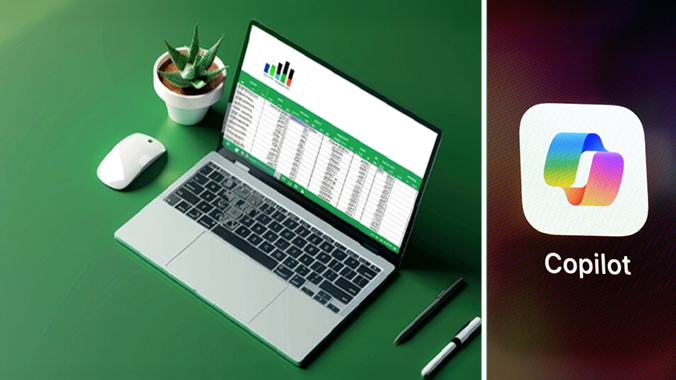

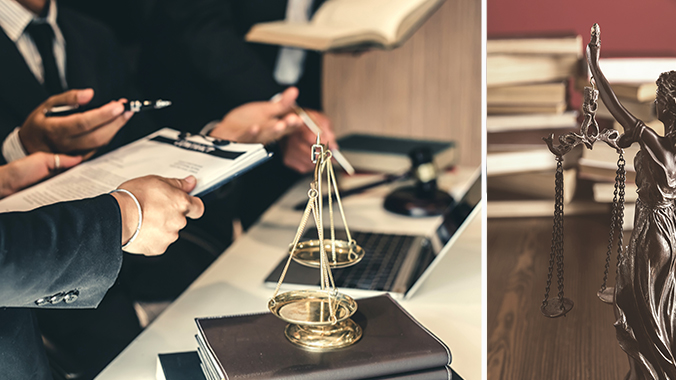

Upcoming CLE Webinars



